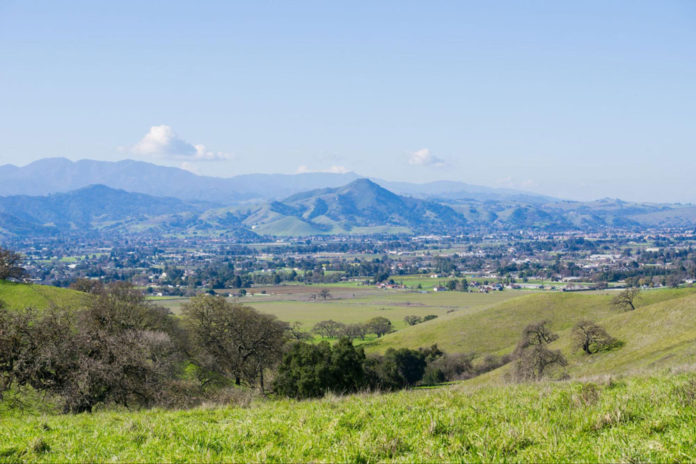Published in cooperation between USA.Inquirer.net and the Morgan Hill Times
For residents of Morgan Hill, the recent news that California tribes are stepping back from their push for legalized sports betting in 2026 might seem like a distant issue. However, the implications of this decision and the ongoing debate surrounding gambling in California touch upon various aspects of community life, from local economies to social concerns. Understanding the context of this decision and its potential future impact is crucial for Morgan Hill residents.
The Complex Landscape of Gambling in California
Gambling in California is closely tied to Native American tribes, which operate casinos on their sovereign land, generating revenue for essential services and economic development. However, expanding gambling beyond tribal lands—particularly into sports betting—remains a contentious issue. Due to these restrictions, many residents turn to offshore online casinos, often using cryptocurrency for greater accessibility and privacy. These platforms offer enticing perks like fast transactions and generous bonuses. The USA Inquirer’s list of the best crypto casinos by Allan Paul highlights top options that provide rewards and promotions, giving players a premium gaming experience beyond the state’s limitations.
A Strategic Retreat: Tribes Postpone 2026 Ballot Initiative
The recent decision by a coalition of California tribes to postpone their efforts to legalize sports betting until at least 2028 represents a significant shift. This move comes after previous attempts to legalize sports wagering faced significant hurdles, including opposition from other tribal factions and concerns about the potential impact on existing tribal gaming operations. The tribes are prioritizing internal consensus and a unified approach before pursuing further legislative action. This strategic retreat suggests a recognition that a divided front will likely lead to another failed campaign.
The tribes’ initial aim was to get a measure on the 2026 ballot. However, they faced a crowded field of potential ballot initiatives, including other gambling-related proposals. This crowded landscape, coupled with the internal divisions and the powerful lobbying efforts of established gambling interests, made the 2026 goal increasingly difficult to achieve. The decision to push back to 2028 indicates a desire to regroup, strategize, and build a stronger coalition.
Implications for Morgan Hill: More Than Just a Distant Issue
For Morgan Hill residents, this delay might seem inconsequential. After all, there’s no immediate prospect of a sportsbook opening on Monterey Road. However, the broader issue of gambling legalization in California has several potential implications for the community.
Potential Revenue Impacts
Firstly, the revenue generated by legalized sports betting is a significant factor. Proponents argue that it could provide a substantial boost to the state’s coffers, potentially funding vital programs and services. While Morgan Hill might not directly benefit from a local sportsbook, the potential increase in state revenue could indirectly impact local funding for education, infrastructure, and other essential services.
Tribal Sovereignty and Community Values
Secondly, the debate over sports betting legalization highlights the importance of tribal sovereignty and the complex relationship between the state and Native American tribes. Because tribes have exclusive rights to operate casinos on their land, they are deeply invested in protecting their gaming revenues and self-governance. Any expansion of gambling beyond tribal lands could threaten these rights, making it a highly sensitive issue. For Morgan Hill residents, understanding the significance of tribal sovereignty is key to appreciating the broader implications of this ongoing debate.
Thirdly, the issue of gambling legalization often sparks broader discussions about community values and the role of government in regulating vice. These are important conversations to have within the community, and the ongoing debate about sports betting in California provides an opportunity to engage in them.
The Future of Gambling in California: Stay Informed
While the 2026 push for sports betting legalization has been postponed, the issue is far from resolved. The tribes’ decision to regroup and strategize suggests they are committed to pursuing this goal in the future. The 2028 election cycle will likely see renewed efforts to bring sports betting to California. For Morgan Hill residents, staying informed about these developments and engaging in the broader conversation about gambling in the state is essential. The decisions made in Sacramento have the potential to impact communities like Morgan Hill in ways that may not be immediately apparent. Whether it’s through potential revenue implications, the complex relationship with tribal sovereignty, or the broader impact on community values, the history of gambling in California shows that these debates have long-lasting consequences. The future of gambling in California is a topic that deserves the attention of all its residents.








